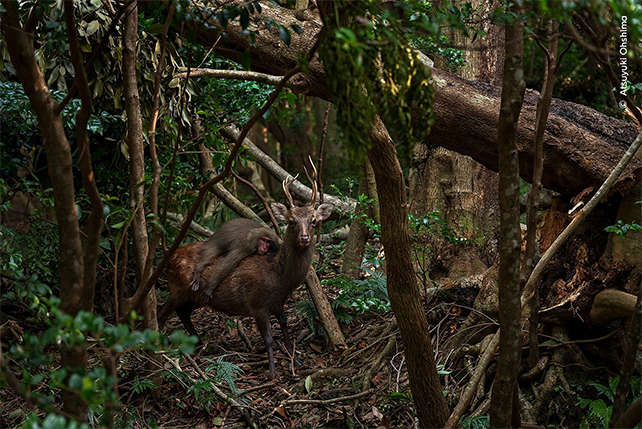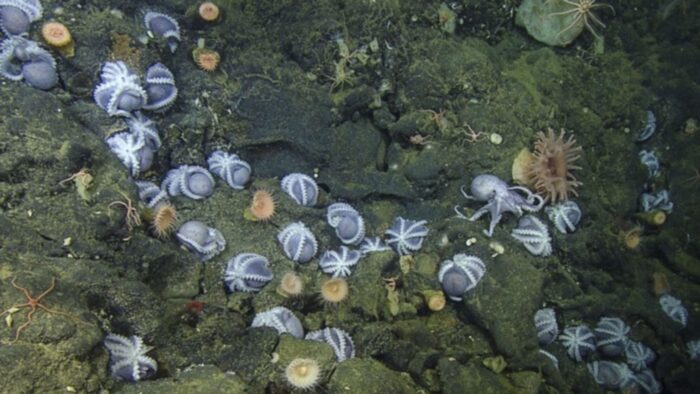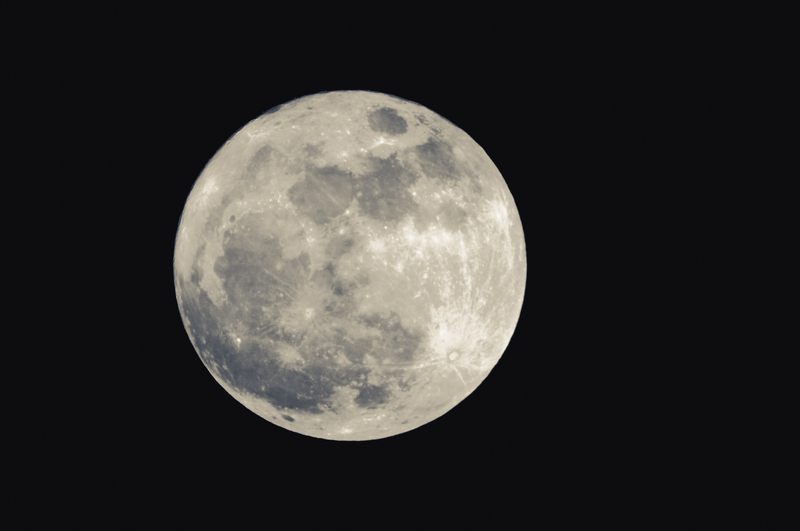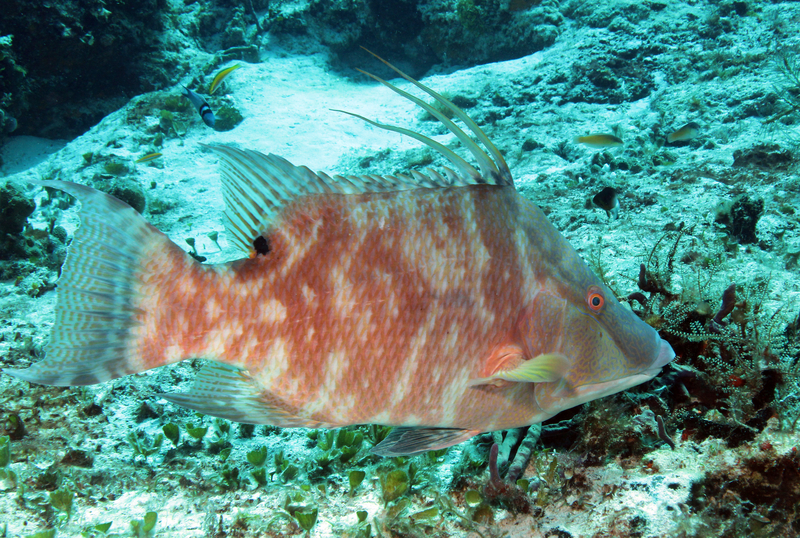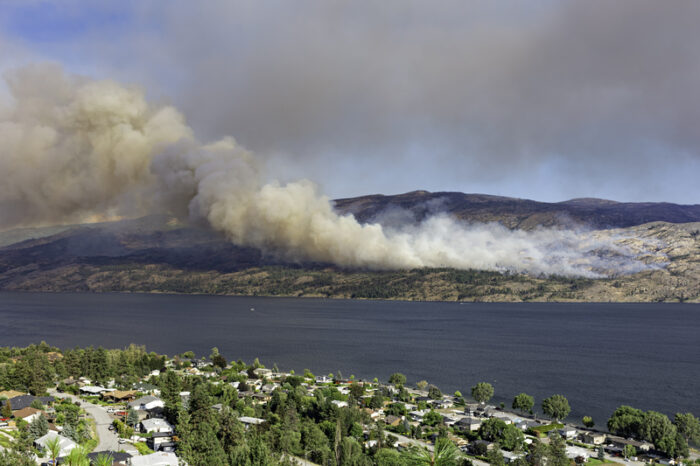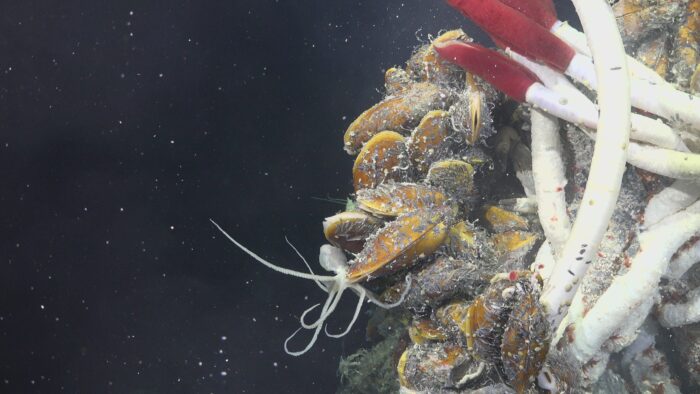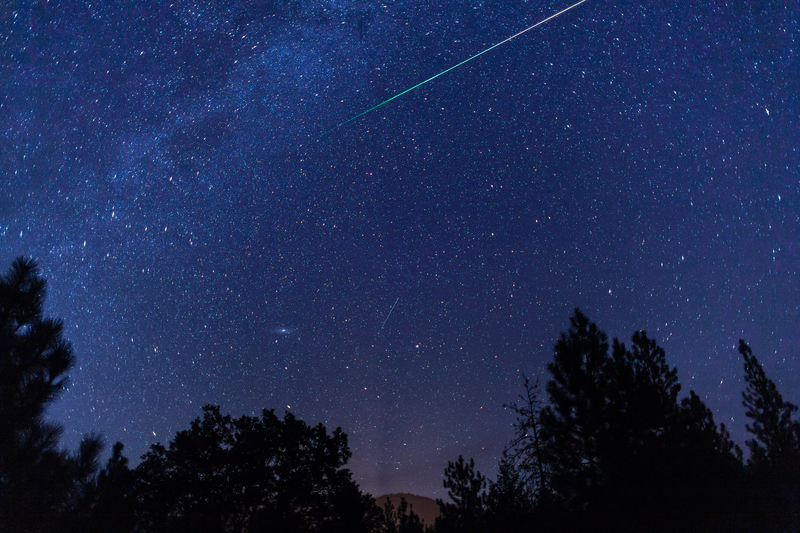A pair of recent climate studies have warned that we're reaching 'points of no return' on some of Earth's major ice sheets. The studies specifically looked at Greenland and Antarctica. The conclusions?
Greenland, the giant Arctic island found to the northeast of Canada, has already reached its own point of no return. Antarctica, meanwhile, is not there yet. But as the home of over half of the world's freshwater, having it reach that place would be catastrophic.
For almost as long as scientists have warned us about the problems of climate change, they have talked about the point of no return. This sounds pretty heavy, and yes, it is. But what does it mean exactly?
The key is understanding the difference between normal melting and melting that is out of control.
What an ice haircut
Ice melting in Svalbard, Norway. (Getty Embed)
We've become used to hearing that glacier ice melting is a bad thing, but on it's own, it's not. Every summer in our polar regions, warmer temperatures melt some polar ice. Then during winter, colder temperatures makes some new ice to replace it.
Because not every summer or winter is exactly the same, the amount of ice that melts or is made is a little different every year. But the key to stability (having things stay generally the same over many decades) is that the differences between warmer and colder years is never too great.
You can think of this melting almost like an ice haircut. It's not affecting the body at all—it's just a trim. And even when you get a really bad haircut, it always grows back eventually!
What keeps the polar ice caps stable is that their body—continent-sized glaciers called ice sheets—stay intact. Ice around the edges comes and goes, but the ice sheets aren't affected at all.
That's the point
Hitting a point of no return would change that.
This would be different than just having a year—or even several years in a row—of higher-than-normal melting. It would mean that even if the world's global temperature immediately returned to where it was 30 years ago, the melting would continue. This would be because the melting was now happening inside the ice sheets—the body of the ice caps—breaking them down irreversibly.
It's not a haircut anymore.
What's to come
West Antarctica is considered the most fragile part of the continent's ice sheet. Scientists are studying it intensely. (Getty Embed)
An August study from scientists at Ohio State University say that Greenland is already at its own point of no return. The scientists say that it is now dumping 280 billion metric tons of melting ice into the sea each year and is the single biggest contributor to sea level rise today.
To be clear, the Greenland ice sheet isn't gone yet. There's still a ton of ice up there, and there likely still will be for decades to come. But one day, it is going to be gone. A process that can't be stopped has begun.
As huge as Greenland is, it is an ice pup compared to Antarctica. Antarctica's huge size makes its ice sheets much tougher to break down. But they are not indestructible. And another study released last week says that we're getting dangerously close. This is especially true of the continent's west ice sheet, which is being melted away from below by warming ocean waters.
Change is still possible!
The takeaway from all of this? There are a couple.
One is that further global sea level rise of some kind is going to happen. Even if it is only by a few more feet (still a major event), this change is coming.
But two? Scientists say that we're not at the point of no return yet. "In the end," said study co-author Anders Levermann in a statement, "it is our burning of coal and oil that determines if and when critical temperature thresholds in Antarctica are crossed."
In other words, climate action still matters. Especially from young voices!
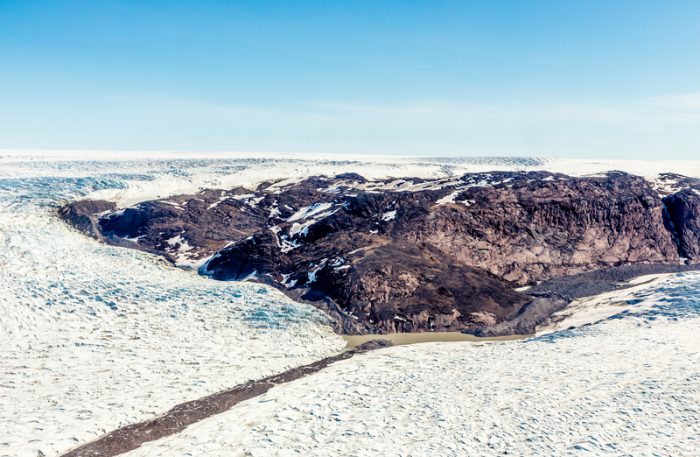 Greenland's ice sheet is experiencing more melting than it has in many thousands of years. (Photo
Greenland's ice sheet is experiencing more melting than it has in many thousands of years. (Photo 